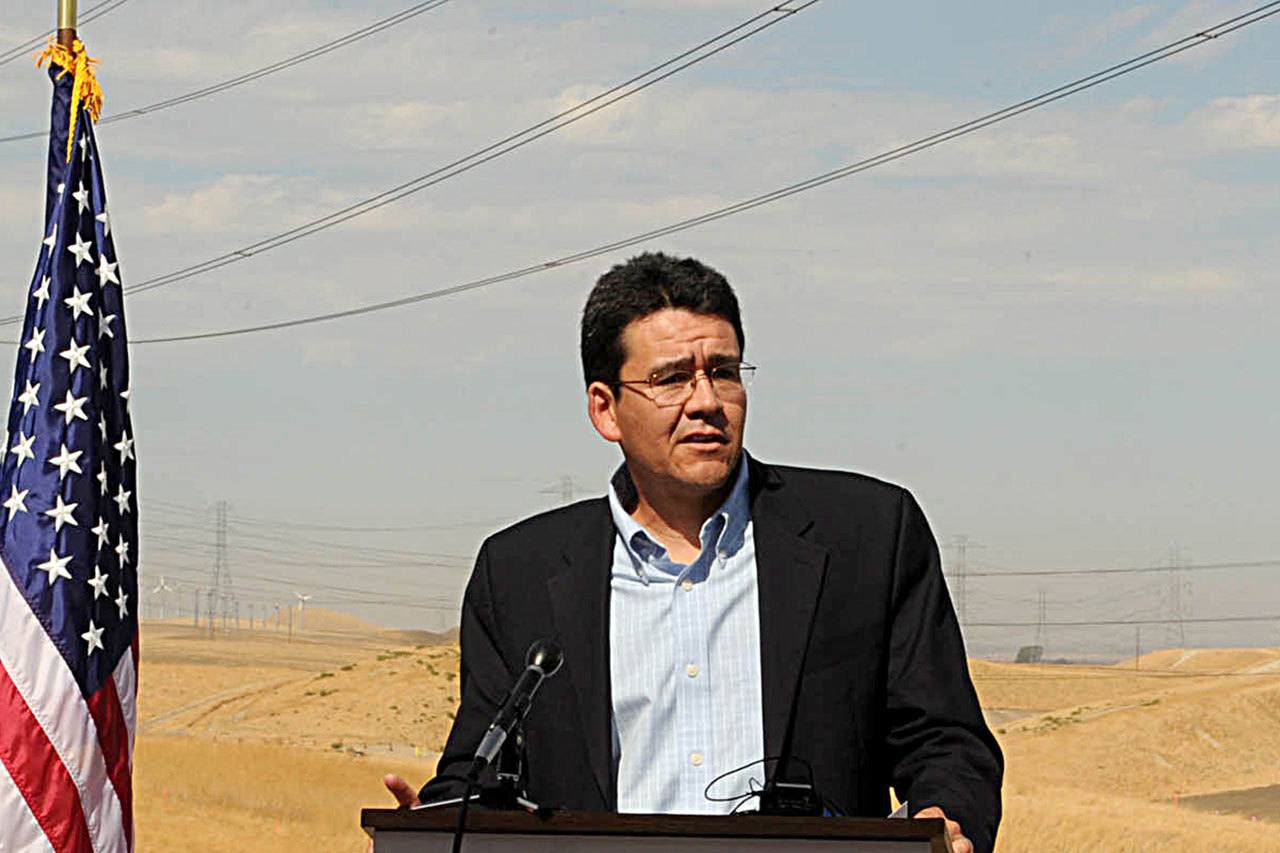The U.S. Department of the Interior is seeking guidance from Native American communities on a proposal to streamline and modernize regulations that govern business operations on tribal homelands, historically referred to as the Indian Trader Regulations.
During a visit to the Swinomish Tribe in Skagit County Thursday, Deputy Secretary of the Interior Michael L. Connor announced the plan to comprehensively update the regulations governing trade occurring within Indian Country, with input from federally recognized tribes.
“Modernizing the Indian Trader Regulations will help to promote self-determination and economic development for tribes across the country,” said Deputy Secretary Connor. “The regulations governing Indian Traders are long outdated and do not reflect or respect current business practices occurring in Indian country.”
The proposed changes would occur specifically in Section 25 of the Code of Federal Regulations, Part 140. This section gives sole power to appoint traders to tribes to the Commissioner of Indian Affairs, and gives the President the power to prohibit any and all items deemed unsuitable for trade from being distributed on tribal lands. A large section deals with a rule barring Bureau of Indian Affairs employees to contract or trade with Indians, and the large number of exceptions that relate to that rule.
The rule states anyone trading, including itinerant peddlers, with a tribe must have a license through the Commissioner of Indian Affairs for a small fee. License periods vary but top out at 25 years, and anyone caught doing business without one is subject to immediate shut-down by the commissioner. The license is good only for the specific premise for which it is issued. Not allowed are trades in annuities tobacco sale to minors, liquor and drugs, and traders’ prices are subject to inspection to make sure they are fair and reasonable. The trade of antiquities is forbidden.
In accordance with the United States’ nation-to-nation relationship with sovereign tribes, Interior will hold formal tribal consultations with tribal representatives, seeking early input and guidance.
“We encourage tribes to participate in this rulemaking process to ensure that the path forward is the result of tribal input,” said Principal Deputy Assistant Secretary of Indian Affairs Lawrence Roberts. The last revision to the regulations was more than 30 years ago, and the last comprehensive overhaul was more than 50 years ago, just eight years after they were enacted. The tribes are being asked to answer a number of questions when providing their comments on changes to the regulations. First, should the regulations be updated? If so, are there certain components of the existing rule that should be kept, and if so, why? How do tribes currently regulate trade on their lands, and what services do tribes currently provide on tribal lands and what role do tax revenues play in providing those services? Recognizing that tribes fully regulate businesses operating within their boundaries, Interior is also interested in learning how tribes currently regulate trade occurring within Indian Country, and seeks information on how revisions to this regulation would promote strong tribal economies.
The public comments period runs through April 17, 2017. In-person consultations will be held with tribes; here in the Northwest it will be held Feb. 23, 2017 in the Seattle area. This initiative is part of President Obama’s commitment to work with tribal leaders to promote tribal self-determination and economic development, which Quinault Indian Nation President Fawn Sharp has participated in since it began late in his administration.


